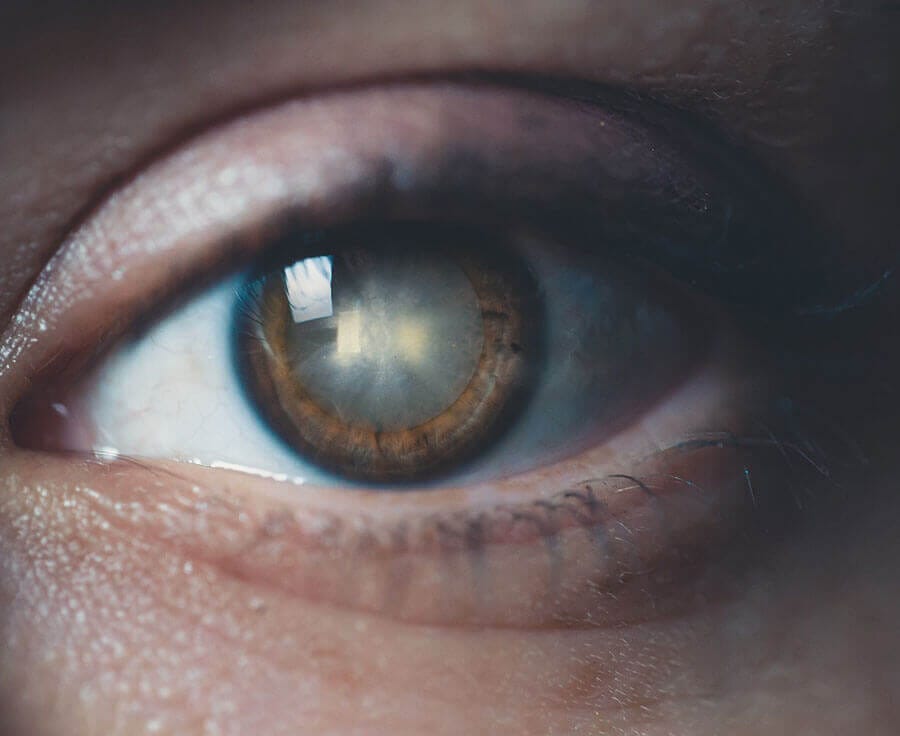Visual evoked potential (VEP) tests are often used to diagnose vision problems and neurological disorders that affect the optic nerve and visual pathways. Some conditions that can be detected with a VEP test include:
Optic neuritis: inflammation of the optic nerve, which can cause vision loss and color perception problems
Multiple sclerosis: is a chronic neurological disorder that affects the brain and spinal cord. Learn more about multiple sclerosis here.
Brain tumors: abnormal growths that can disrupt the normal functioning of the brain
Glaucoma: a condition that damages the optic nerve, leading to vision loss. Learn more about glaucoma here.
Cortical blindness: a rare condition in which the visual cortex, the part of the brain responsible for processing visual information, is damaged or not functioning properly
Amblyopia: a vision development disorder in which the brain and eye do not work together properly. Learn more about amblyopia here.
VEP tests may also be used to assess the effectiveness of treatment for these conditions or to monitor their progression.
If you have been diagnosed with any of these conditions or you think you might be at risk, please schedule an eye exam with your eye doctor.


To prepare for a visual evoked potential (VEP) test, you should:


There are several factors that can influence the results of a visual evoked potential (VEP) test:
Age: The VEP test may be less reliable in older adults, as the visual pathways may become slower with age.
Medications: The use of drugs that cause drowsiness or are administered as an anesthetic can significantly influence the results of a visual evoked potential (VEP) test. If you have taken any medications that may affect your alertness or level of consciousness, it's important to let your doctor know before the test.
Eye movement: If you move your eyes during the test, it can affect the accuracy of the results. It's important for you to try to remain as still as possible during the test.
Light sensitivity: You may be sensitive to the flashing lights used in the VEP test, which can affect the accuracy of the results. It's important to let your doctor know if you are sensitive to light before the test.
Visual evoked potential (VEP) results can indicate different visual and neurological conditions by showing abnormalities in the speed and timing of the brain's response to visual stimuli. Abnormal results may suggest a problem with the optic nerve or visual pathways, such as inflammation, damage, or a neurological disorder. By analyzing the specific findings of the VEP test, doctors can determine the cause of the problem and the best course of treatment.
The following conditions may cause abnormal results on a visual evoked potential (VEP) test:
Optic neuropathy is a condition in which the optic nerve is damaged. This damage can be caused by a variety of factors, such as a blockage of the nerve's blood supply, nutritional deficiencies, or toxins. As the nerve is damaged, the transmission of electrical signals is impaired, leading to problems with vision. Examples of conditions that can cause optic neuropathy include advanced stages of diabetes, which can damage the blood vessels and nerves supplying the eyes, and toxic amblyopia, a condition in which vision is decreased due to a toxic reaction in the optic nerve.
If the optic nerve is compressed by tumors or lesions, the pathway for conducting signals may be affected, leading to abnormal results on a visual evoked potential (VEP) test. Compression of the optic nerve can interfere with the transmission of electrical signals and cause problems with vision.
Glaucoma is a condition in which the pressure inside the eye (intraocular pressure) is higher than normal. This increased pressure can damage the optic nerve, leading to prolonged results on a visual evoked potential (VEP) test. Prolonged VEP results may indicate that the optic nerve is not functioning properly and that further evaluation is needed to diagnose and treat the problem.
It is a condition in which the intraocular pressure inside the eye is higher than normal. While there may be no signs of glaucoma, patients with ocular hypertension may be at increased risk of developing glaucoma later in life. Patients with ocular hypertension need to have regular eye exams to monitor the pressure inside the eye and identify any potential problems early on.


